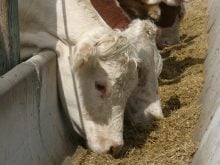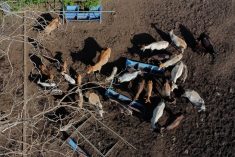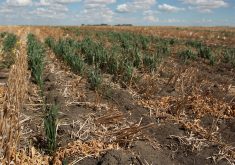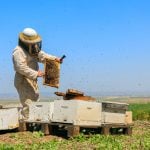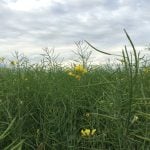The Alberta government Grinch stole Christmas from about 50 Alberta Agriculture employees last week.
Managers and extension staff were either terminated or given terms of “working notice” in offices across the province as the government moved to cut costs in the department as it has or intends to do in most other sectors.
“Alberta has a spending problem, and tough decisions need to be made to chart a path back to balance and ensure we can provide high quality services into the future,” said Agriculture and Forestry press secretary Adrienne South.
Read Also
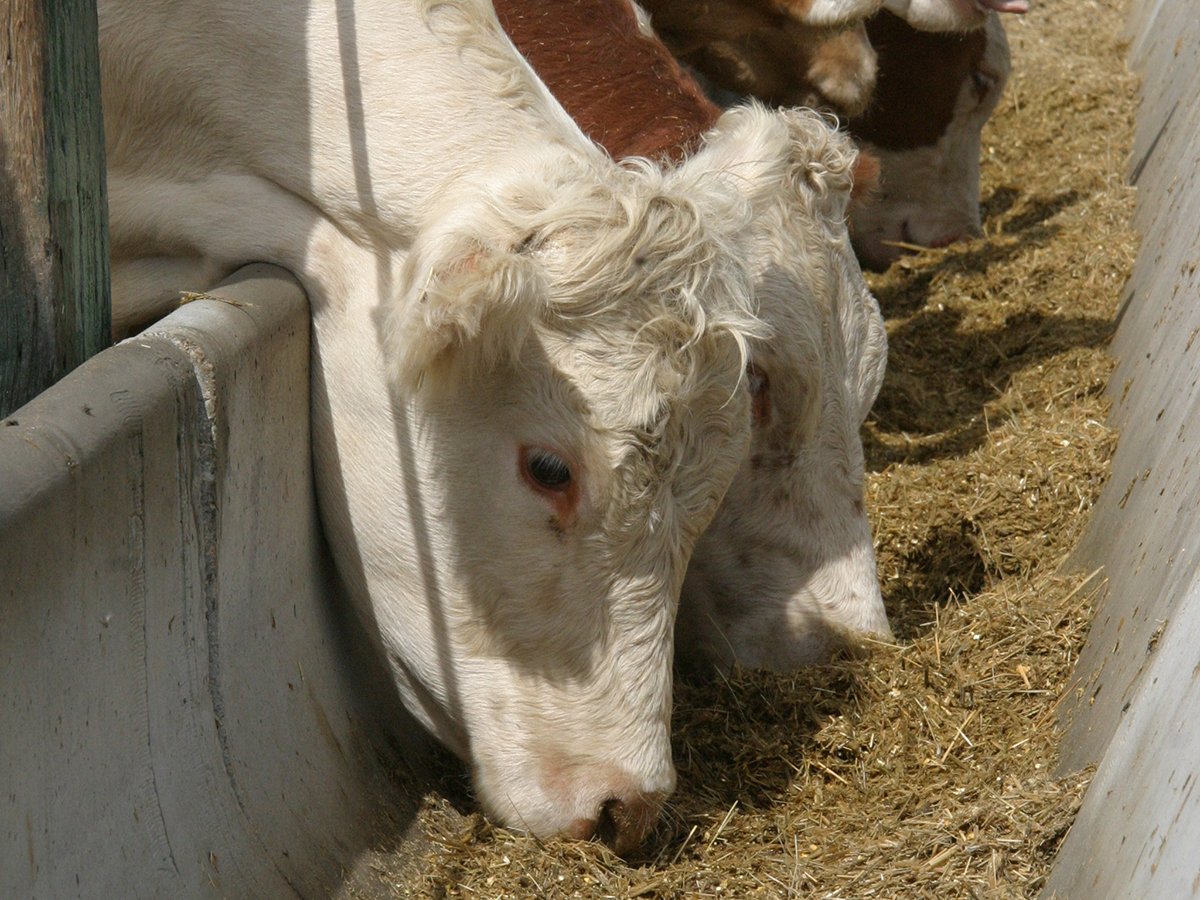
Alberta cattle loan guarantee program gets 50 per cent increase
Alberta government comes to aid of beef industry with 50 per cent increase to loan guarantee program to help producers.
“Spending restraint of less than three cents on the dollar is being implemented.”
The terminations and notices were rude shocks to affected staff members contacted last week, though few were willing to share details. Affected employees were escorted out the door and would be able to obtain personal belongings only later, after making an appointment.
More job losses in the department are expected this spring, several sources said.
News of the terminations did not sit well with former Alberta Agriculture researcher Ross McKenzie, who retired six years ago. Loss of Alberta’s only irrigation specialist, based in Bow Island, rankled him, as did the loss of experienced researchers and extension workers elsewhere in the province.
“All these people we’ve been training to move into professional positions, after going through school and getting after-university positions … for me it’s heartbreaking,” he said. “There’s just a lot of people across the province with a wealth of knowledge and they do work that private industry doesn’t do, so it’s just a fundamental mistake.
“My sense is that the present minister of agriculture, his goal is to eliminate all research that Alberta Agriculture is doing and that seems to be the consensus with the Alberta Agriculture researchers that are still in place, that are left.”
Alberta Agriculture Minister Devin Dreeshen announced plans last month to hold meetings in the new year to get input on the future of agricultural research in the province.
“Something that we campaigned on in the last election was a move away from what the previous government did towards government-led research and government priority research (and move toward) farmer-led research. So in changing that mindset, it has opened up this research consultation,” Dreeshen said at the time.
Ken Coles, general manager of Farming Smarter, an applied research group based in Lethbridge, said the scope of last week’s terminations represent “a fairly big hit” to agriculture but the reality of budget cuts was not a total surprise.
“As an industry, I don’t think everyone has recognized how serious the government is about this and the fact that even bigger changes are still to come,” said Coles.
“We can be part of that, I think, if we can get together as an industry and speak strongly. But I’m always saddened to see a reduction in investment in agriculture because I’ve been a huge proponent of investing more. I think as an industry overall, we’re really falling behind. I think we’re still sort of trading on the benefits of the investments made in the past. Once that capacity is gone, you may never get it back.”
Coles said he thinks the government will look to all applied research groups in the province to undertake more projects and extension.
“The big question is, what does farmer-led research mean? I think a lot of the folks within the government are going to say that is what we do, is farmer-led research, and it’s probably true. But I think what they mean is, they’re going look to outside groups like us and other organizations.”
McKenzie said applied research groups do not do the type of peer-reviewed research for which department scientists are trained, nor are they able to publish credible results and make them available to the public.
Coles acknowledged that criticism.
“The applied groups have the connection to farmers and their focus is to do practical work that helps (farmers) and it isn’t to publish. So I’m not sure that’s necessarily a bad thing, but that doesn’t mean that they also couldn’t build capacity to get to that point. I think you need a little bit of everything.”




